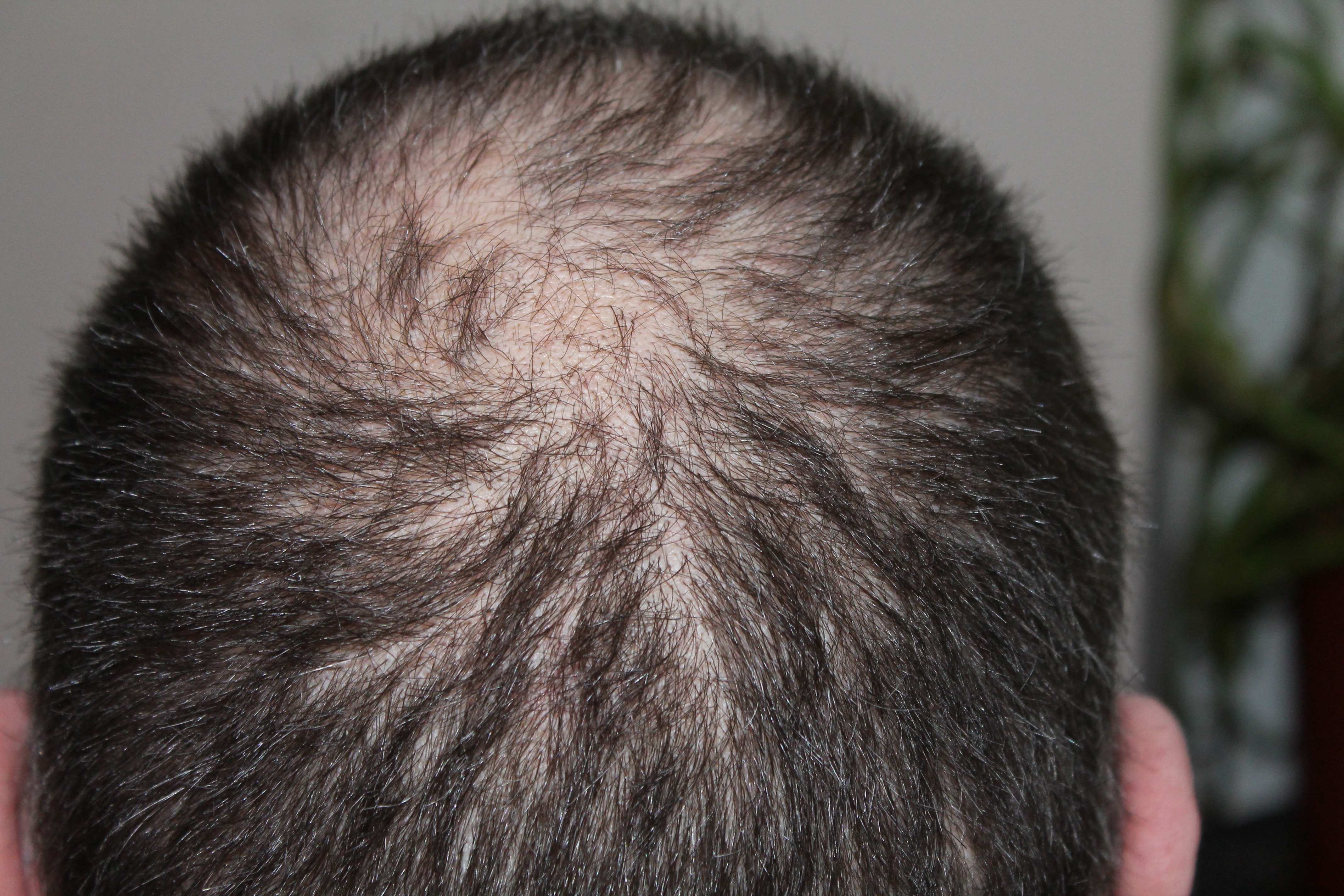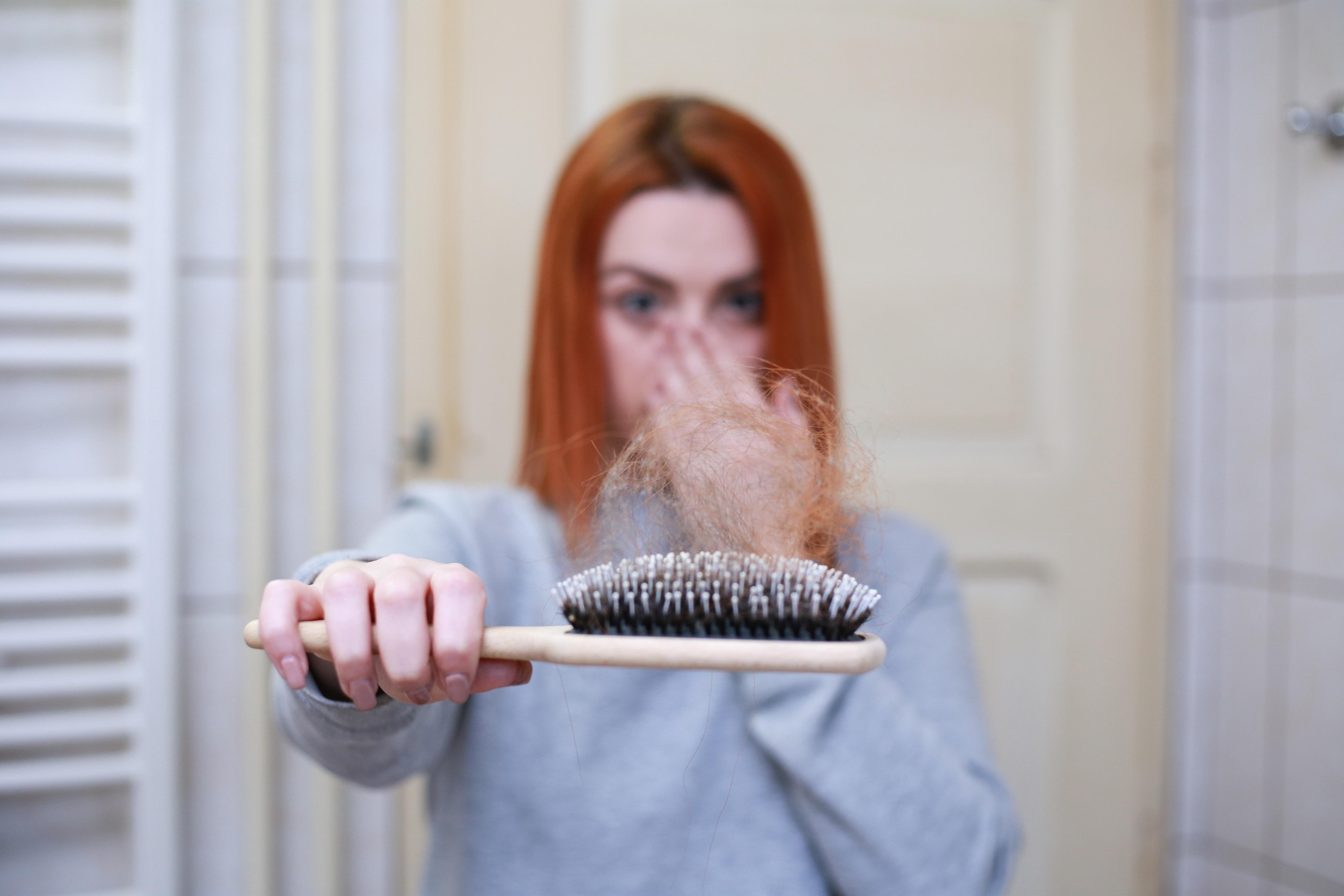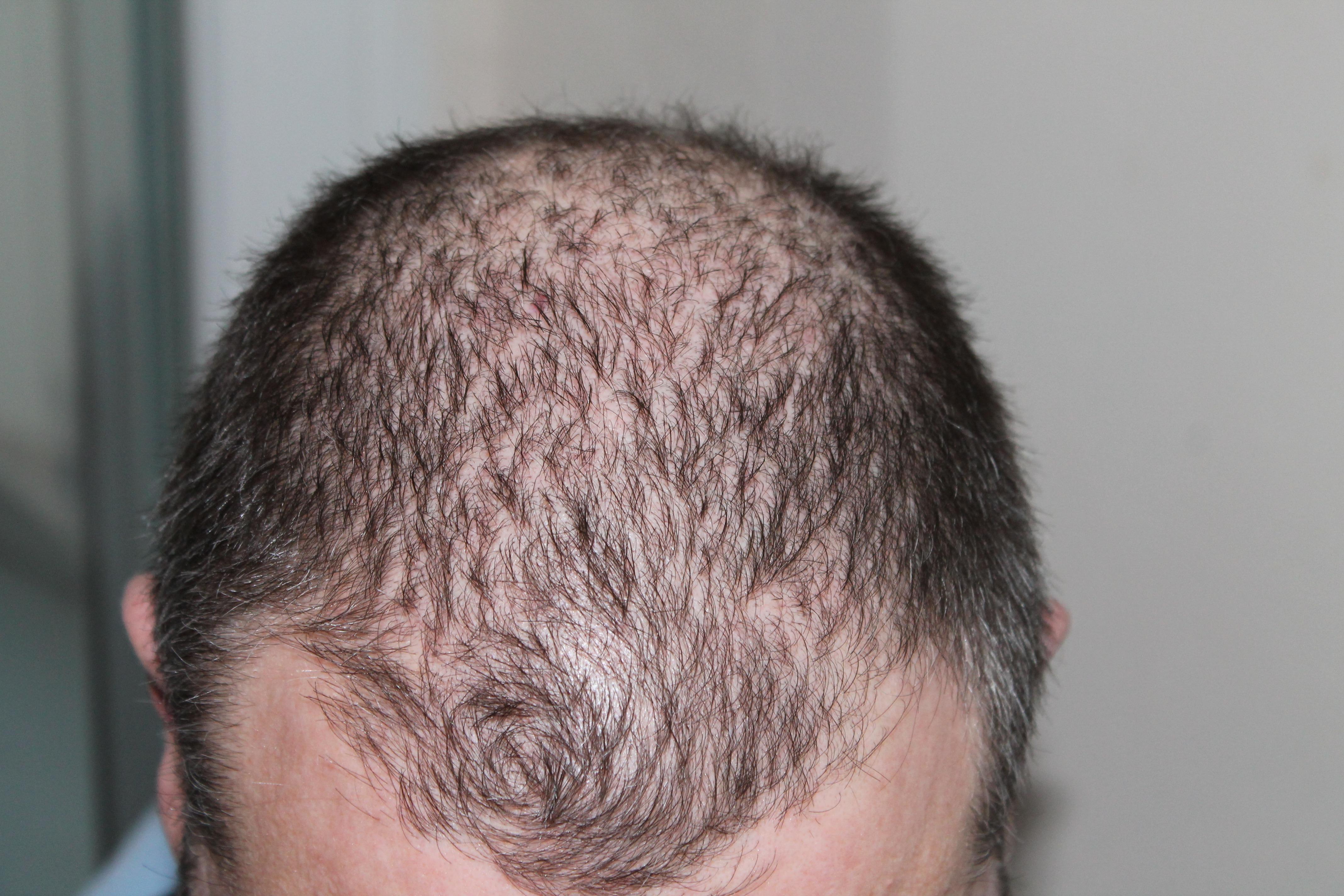Creatine Hair Loss- Here’s What You Need To Know!
Is creatine hair loss actual? If it is, is there something we can do about it to revert the changes it has led to? You must be having a lot of similar questions and more. Here’s all you need to know about creatine hair loss.
Creatine is a widespread sport and nutritional supplement. You might have known that using creatine can result in hair loss. But is that right? While creatine itself might not directly result in hair loss, it might influence the levels of a hormone that does.
Keep scrolling to understand more about creatine hair loss, its usefulness and side effects, and what the study says about its association with hair loss.
What the study says about creatine hair loss and related issues

There is not much to suggest that creatine supplementation results in hair loss. Much of the proof for the connection is anecdotal. This suggests that it comes from individuals’ testimony or backgrounds.
Nevertheless, a small 2009 analysis of college-age rugby participants found improved hormone levels linked to hair loss after three weeks of taking a creatine supplementation regimen. The mentioned hormone is known as dihydrotestosterone (DHT)
Creatine and dihydrotestosterone (DHT) levels
DHT is one hormone emanating from one more hormone you might be familiar with, known as testosterone. DHT is also more powerful compared to testosterone.
How does DHT connect to hair loss?

Hair follicles contain their life cycle. A hair development phase is heeded by a resting stage, following which your hair falls out.
DHT can attach to particular hormone receptors present in hair follicles. This can result in quicker hair growth cycles and hairs that are more delicate and shorter. Because there is less hair maturing, more hairs are coming out of your scalp than are replaced.
Besides, a few people have a hereditary predisposition to hair loss. Deviations in a gene known as AR can direct to improved activity of the hormone receptors discovered within hair follicles.
Also, an enzyme that transforms testosterone hormone to DHT might be more active in people suffering hair loss.
How does creatine relate to hair loss?
Another 2009 study on a few rugby players utilized a creatine supplement routine implicating seven full days of creatine loading; a higher level of the supplement was provided. This was heeded by a supervision period of lower statuses of creatine.
The investigators discovered that levels of DHT raised over 50 percent during the loading time and remained 40 percent over baseline when it was the maintenance period. However, levels of testosterone did not show any change.
It’s essential to note that the investigators did not consider hair loss in the study players. Thus, we can only watch the impact on hormone levels here.
An upsurge in DHT levels was marked. DHT levels are crucial in hair loss; this raise could put you in danger, especially if you are genetically exposed to hair loss.
Overall, additional research is required into creatine’s impact on DHT levels. Further analysis should also be conducted to assess whether gains in DHT due to creatine supplementation are enough to encourage hair loss.
Side effects and safety
If you desire to utilize creatine, you must be aware of a few possible side effects and security concerns. We will examine these topics in better detail below.
Concerns While Using Creatine

1. Water retention
Creatine can lead to water retention, resulting in momentary weight gain. Worries have been introduced that water retention might lead to the chance of things like cramps and dehydration. However, research has not sustained these concerns.
A 2003 study on university football players discovered that creatine did not lead to raised levels of cramping or damage. Another 2009 study found no data to reinforce that creatine usage negatively influenced fluid proportion or heat tolerance.
2. Kidney concerns
There is also uneasiness that creatine may harm the kidneys. A 2018 review discovered that creatine had no damaging effects on the kidney process in healthy people.
Nevertheless, if you have underlying kidney issues, you might wish to bypass taking creatine supplements.
3. Safe for adults
Compared to different supplements, creatine has been broadly studied concerning ergogenic advantages. As per the International Society of Sports Nutrition, when taken in proper doses, creatine is secure to use.
Besides, in a 2017 position information, the International Society of Sports Nutrition states that utilizing creatine within the proper procedures is safe, practical, and ethical.
There are some studies assessing the results of long-term creatine usage. However, a few older analyses (in 2001 and 2003) with athletes have suggested that long-term usage of creatine does not lead to any adverse health effects.
4. Use caution for adolescents
Adolescents must use vigilance when assessing creatine supplementation. This is because research on the security of creatine supplementation in fit adolescents is minimal.
Nevertheless, most adolescents consume some creatine as part of their regular diet. If you would like to begin using creatine as a supplement but have concerns or questions, you must speak to the doctor first.
Who Are All At Risk?
Creatine is an organically existing molecule within the body. Further, it is utilized by athletes and bodybuilders as a supplement to raise muscle stamina and improve overall activity.
Ingesting creatine in elevated doses can result in numerous side effects; hair loss is one of them, particularly if you have a history of baldness in your family.
So, people who are using creatine monohydrate as a supplement for the health and fitness are a possible candidate for losing hair, as with a more elevated amount of creatine in your body, more testosterone is going to be transformed into DHT (particularly if you have a prior history of hair loss).
Can You Regrow The Hair Lost Due To Creatine?

Creatine is revealed to elevate testosterone hormone levels, which ultimately is converted into DHT by your body. Therefore, they can fasten and heighten hair loss conditions, as DHT leads the hair follicles to shrink in size.
If the hair loss you observe is because of creatine, then shedding will probably begin after two months from the initial ingestion of this supplement.
Assuming that your hair thinning or hair loss is due to creatine ingestion, then after you quit taking it, the hair would regrow. But, if creatine catalyzed the genetic disease, your hair might not grow back without a regrowth treatment.
It is vital to know the reason for the hair loss, as one factor may lead to others, making the condition more harmful. For instance, if you hold a genetic condition to shed your hair, then intake of these supplements will accelerate hair loss.
When to see a doctor
As examined above, creatine supplementation does not instantly lead to hair loss. But if you are undergoing hair loss, you must arrange with the doctor.
Additionally, you must see your doctor if you encounter rash, patchy hair loss, or lose considerable amounts of hair when washing or brushing your hair.
Many causes of hair shedding are treatable. The doctor will operate closely with you to analyze the reason for your hair loss and suggest a correct treatment for you.
Let’s find out some most asked questions regarding creatine hair loss.
Creatine Hair Loss- The Bottom Line
Analysis has not shown that creatine instantly leads to hair loss, but more study is required in this area. One study from 2009 discovered that creatine supplementation is linked with growth in a hormone known as DHT, which can further lead to hair loss.
Overall, as per the current evidence known, creatine is secure to use as a supplement for most grown-ups. However, since it might lead to boosts in DHT levels, you want to avoid utilizing creatine or speak to your doctor before utilizing it if you are predisposed to hair loss.
That was everything about creatine hair loss and what other issues it may cause.

